Pittsburgh: Tribune-Review
The cover of Chuck Prophet’s latest album, “Age of Miracles” is a William Eggleston photo of a young woman holding a vintage camera sprawled across a patch of grass. The box camera image is repeated in the accompanying CD booklet.
Some sort of artistic statement?
Not really.
“To be perfectly honest, I didn’t have an album title,” says Prophet, noting his affinity for Eggleston’s work. “When I finished the record, when I stood back and squinted a little bit and knew I would have to invent some lies for the bio, I realized there was a kind of a theme running through it, this retro-nuevo general crankiness with technology, and technology not really improving our quality.”
Prophet, who visits the South Side’s Club Cafe on Friday, says he was a bit nervous about applying this theme because it’s been overdone.
He shouldn’t have worried. “Age of Miracles” continues the San Francisco-based musician’s run of superlative releases that dates to 1999’s “The Hurting Business” and includes “No Other Love,” released in 2002. Along with “Age of Miracles,” the discs share a sense of adventure as Prophet seamlessly combines rock, soul, blues, hip-hop and other forms.
Critics and writers often remark on his ability to “mash” or “synthesize” genres; Prophet says he’s sometimes bothered that form seems to be more interesting than content.
“But I can’t help but wonder, in a perverted way, what Meredith Brooks and Burgess Meredith might do if you put them together,” he says with a laugh. “Or what Jimi Hendrix would do if you brought him back from the dead and said ‘Hey Jimi, you might want to check this out, it’s called a Casiotone. This part here you can get a beat going and with your fingers here you can play chords on these buttons and over here you can play melody.’ You just make something up and want to record it. Because inevitably, it would be more interesting than the conventional way that people make records. I guess that’s my own perverted way of keeping myself interested. I don’t think you need an owner’s manual to get through the record.”
He’s right; all that’s truly required is an appreciation of music. Whether it’s the melancholic “Pin a Rose on Me,” the playful electronic pop of “You Did (Bomp Shooby Dooby Bomp)”—a song that asks “who put the ram in the ram a lama ding dong?”—or the wistful title track, Prophet has a knack for creating memorable melodies.
He especially excels at painting the lyrical details: the “extra-special shoes” for “The Smallest Man in the World,” or the itinerary of “Just to See You Smile” in which the narrator walks “20 blocks to your favorite bakery” in order to surprise his lover with her “favorite treat.”
“I have my own value system, the things that I think that are worth wrestling into the form of a song,” he says. “And it changes, because you have to keep yourself interested in what you’re doing, musically and thematically. And to keep yourself interested, sometimes you’ll discard things if they have a certain familiarity. If I had any more songs about lonely motel room’s on life’s highway, it’s not interesting to wrestle with anymore. I’ll just discard it.”
Prophet admits to being disenchanted with his music when he’s finished recording an album. It’s only when he gets a chance to hear it in an unfamiliar environment—a record store or somebody else’s home—that he reconciles with his art.
“It’s a lot like honking your horn in a tunnel and waiting for it to get you off,” he says. “Sometimes, it just doesn’t get you off. Sometimes, it’s just not so cool anymore. You just wait to hear it bounce off the walls and come back at you.”
by
Regis Behe
on
January 26, 2005
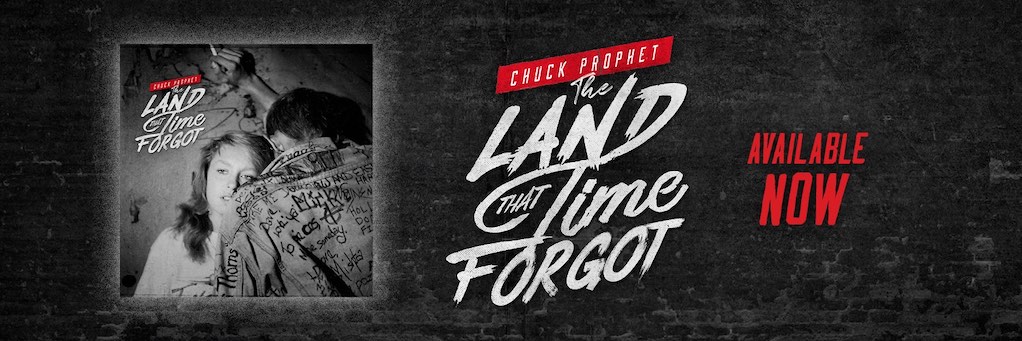




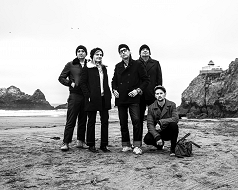

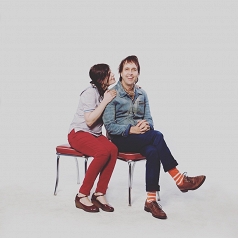
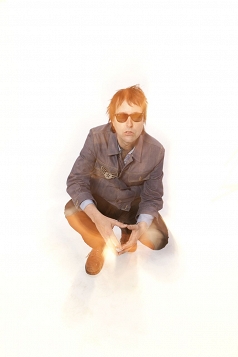

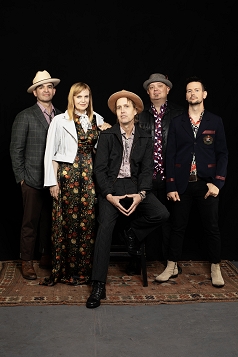
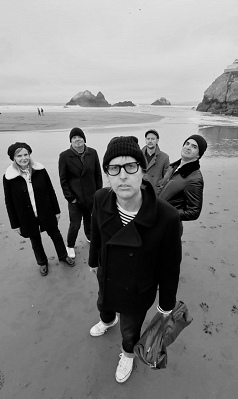
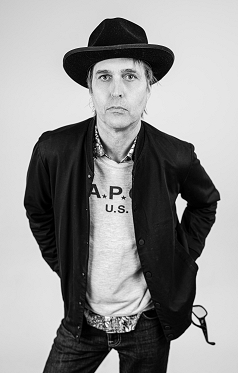
3_238_159auto_s_c1.jpeg)
